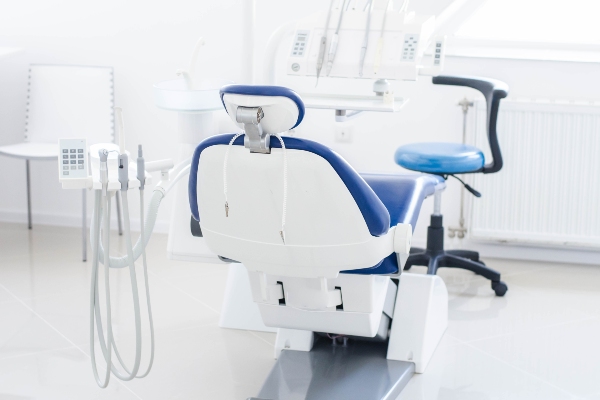 For some, hearing that they need a root canal can be a bit scary. This is understandable, considering that not everyone has a positive experience at the dentist. However, there are certain things you can do to make your next visit to the dentist less stressful and more enjoyable. One way is by understanding root canal treatment before your first appointment. Here are some frequently asked questions about root canals:
For some, hearing that they need a root canal can be a bit scary. This is understandable, considering that not everyone has a positive experience at the dentist. However, there are certain things you can do to make your next visit to the dentist less stressful and more enjoyable. One way is by understanding root canal treatment before your first appointment. Here are some frequently asked questions about root canals:
What is a root canal?
A root canal procedure involves removing infected material from inside an infected tooth and then sealing it off, so it does not spread further in your body. This procedure aims to remove all infections, which will prevent future problems with teeth sensitivity or pain caused by decay. It is important to note that the root canal procedure is not saving an infected tooth. This can be done using a dental crown or another restoration, but it cannot be completed via root canal treatment.
What are root canals used for?
Root canals save teeth from infection and severe pain caused by decay in the pulp of your teeth. The pulp is the innermost layer of your teeth containing nerves and blood vessels, making it very easy for decay to spread quickly through the tooth if left untreated. Root canal treatment prevents this by draining out all infections and sealing off the root canals with filling material like composite resin or amalgam (metal).
What is the process of a root canal?
A root canal procedure involves numbing your tooth and then removing all infected tissue from inside it. This can be done by hand or with ultrasonic tools, depending on how much infection is present. Once this is completed, a rubber dam will be placed around your tooth to prevent you from swallowing or inhaling any bacteria that may be present. This will also protect your gums and other healthy teeth from encountering the tooth being treated. The next step involves removing all infections by flushing out the root canal system (the channels inside a tooth) to get rid of harmful bacteria, debris, or dead tissue. Once this is done, the root canal will be cleaned, disinfected, and sealed to prevent future infections from occurring.
After a root canal procedure
It is normal for your tooth to feel very sensitive or tender in the days after a procedure due to nerve damage during treatment. Therefore, you should avoid chewing on your treated tooth until it has healed completely. If you've had a root canal treatment, it is essential to keep your appointments with the dentist so they can monitor how well the tooth is healing and prevent further problems from occurring in other teeth or nearby tissues.
Do I need more than one root canal?
Dentistry has improved over the last decade. Someone would rarely require multiple treatments for infection on their teeth, but it does happen. Suppose you have symptoms of infection or pain that last for various days and are not resolved by regular over-the-counter treatment like ibuprofen or acetaminophen. In that case, your dentist may recommend having another procedure done to treat the root canal system again.
Request an appointment or call North Georgia Smiles at 770-889-7867 for an appointment in our Cumming office.
Related Posts
Dentistry is concerned with diagnosing, preventing, and treating diseases, disorders, and conditions of the oral cavity and adjacent and related structures and their impact on the human body. Often, dentists will recommend extraction to remove a tooth due to decay, pain, or other factors which could lead to future health issues, possible loss of teeth,…
Many people still have mistaken beliefs about general dentistry. As is often the case with misinformation, it can be very persistent. Myths are often more well-known than facts.One way to find out the truth behind the myths is to visit a dental office frequently and ask questions of the dentist and hygienists. You can trust…
Dentistry has become increasingly popular in recent years, with more people wanting to maintain their pearly whites than ever before. No longer just limited to treating tooth decay and removing cavities, practitioners can also provide cosmetic dentistry treatments to help you achieve that beautiful smile you've always wanted. If you want to learn more about…
